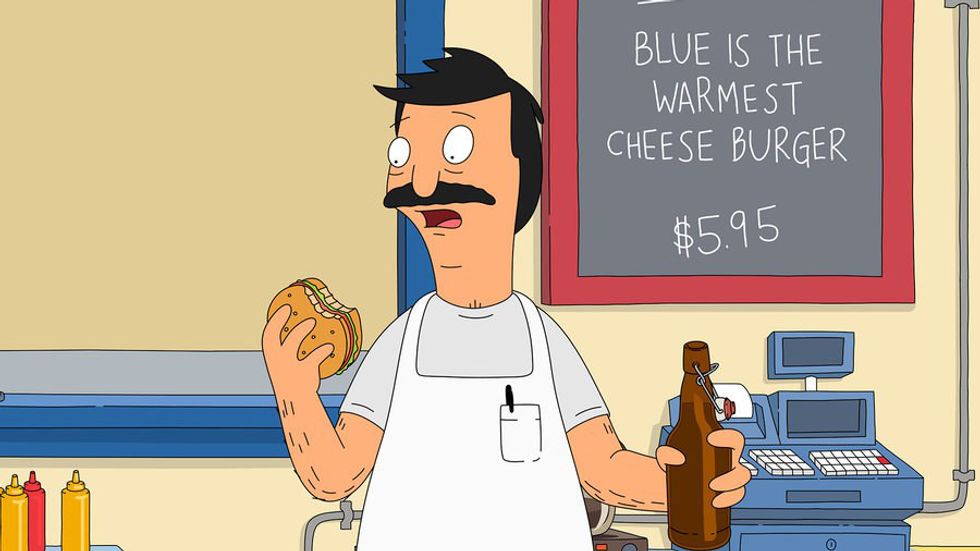A few of the most powerful storybook lessons have come from folktales and fables. The many characters that evoke resilience, strength, leadership and overcoming, are those of which we sometimes resemble our own characters after, during youth. These lessons provide a point of clarity and we seem to sometimes forget how much they actually mean alongside our growth in age.
And with that, the lessons we attempt learning, aren’t necessarily understood at the time of their upbringing. Only much later are we able to find the root of their meanings at the innermost point of ourselves. I’ve also found that grasping onto a certain significance of folktales have a different meaning themselves for those willing to sympathetically engage.
Given that a fable or folktale represents imagination, adventure and a justifiable plot to compliment, the outcomes are what make each character’s journey believable. The story essentially provides a level of optimism that shames away dislike or negativity toward the simple foundations of story. Just like the lessons we each learn to individually stick with, the common core that we agree on is the extent of influence. A term that seems to constantly render this imaginative theme is genocide. For the past few years consecutive mass shootings and police brutality have painted not only our perception in how we respond, but in general, how we teach and retell these stories over and over again.
What is the definition of genocide, technically? Genocide is defined as “the deliberate killing of a large group of people, ethnic group or nation”. Though cut slightly short for context, the point is that fables and folktales embrace a connection to a past filled with infinite possibility. But how often can this be shared if those stories represent a group aesthetic that instills violence and rage into the plot? As books become less popular and technology continues increasing, the need and want for a more creative society breeds a pattern of elated consistency in response to these odious crimes. How often are these genocidal broadcasts affecting our collective response to situations?
Over the past few years, we’ve marched in solidarity, protested in confidence and acted on behalf of those unable to defend themselves, especially integrating women into a vast array of different economic roles. Genocide has taken on new meaning, and what we are beginning to define as an answer to its original framework is the bright complexity of our human condition. After the halls of Sandy Hook Elementary were ravaged by insensitive propensity and stray bullets, a nation became enthralled by immediate fear. The same happened during a screening of the beloved and well-put together movie The Dark Knight Rises. Of course it would only seem right for a disillusioned young white male to open fire onto an innocent crowd of movie critics, but nonetheless our conversation mostly involved the degradation of mental health and illness.
From enslavement to mass shootings, we essentially treat society like the painting we’d like to see on the wall, instead of discussing the truth behind why folktales and fables heavily grab our attention so much in the first place. Just like the way genocide has spread throughout our streets, fear strikes down the inevitable and we are sharing each and every story under similar circumstances. As I’ve mentioned earlier, some are deciding to change the language and create something much higher, rather than pander the low perils of destruction.
Johnny Appleseed reminds me of our connection to nature and the duty we have in taking care of each other from a moral, yet objective standpoint, no matter the wreckage that causes harm around us. Another stout and cherished character is Paul Bunyan, one who embodies hard work and a sense of order. Paul Bunyan is a giant lumberjack that uses logic while remaining to handle business as well as take efficient care of others. And though these are a couple of examples, I think that our period reflects the moral notion regarding perhaps one of the most notable stories, The Boy Who Cried Wolf. The main exception that I do have for my opinion in terms of this fable, is that we have a chance in the end to share truth with one another.
We must share the truth from each of our own stories to finally draw a close to the controller, and foster the right activity to create a highland of sustenance and stability. So what can we learn from these folktales and fables I speak of? The main foremost aspect of what we learn is that in a land where anything is possible, the last thing we turn to are the words of moral obligation that help guide us in our daily convictions.

































